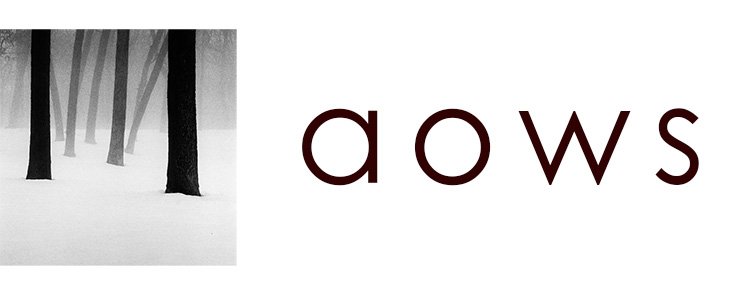During my recent trip to Riaño, in the Picos de Europa mountains, I struggled quite a bit with a hike (to the top of Pico Gilbo) I thought I wanted to do.
I found myself making up plenty of excuses: too much haze, bad air quality, it seemed very steep, I had a long drive ahead of me, I wasn't going to make any good images...
In the end, I decided to start the hike and see how far I could go. I wasn't feeling it, and I kept coming up with excuses to head back several times during the hike. But one step at a time, one milestone after another, I made it to the top.
I am so glad I did because, as usual, every single excuse I had made up was just that: an excuse. All the struggle, along with the incredible views, made this one of the best hikes I've ever done.
But, one of the excuses turned out to be true. The one I knew, from experience, was most likely to happen: I didn't make good images during the hike.
Even though some of my best images were made in nature, hard hikes rarely deliver good photographs. At least for me.
I call this the diminishing returns of hiking.
Indeed, the further I go, the harder the hike, the more I push myself physically, the less likely it is that I'll come back with a good image.
We all have limited energy and time. The more you spend them on getting somewhere, the less you have left for your photography.
The more accessible a location is, the more we get to visit it and know it, which means better chances to be there at the right time. I tend to favor shorter hikes for this reason.
But of course, there are plenty of reasons to hike to places like Pico Gilbo beyond making a good image: those experiences can be awe-inspiring and spark something within us, as some of those hikes have done to me in the past. Sometimes it's best to forget about photography and enjoy the view.


